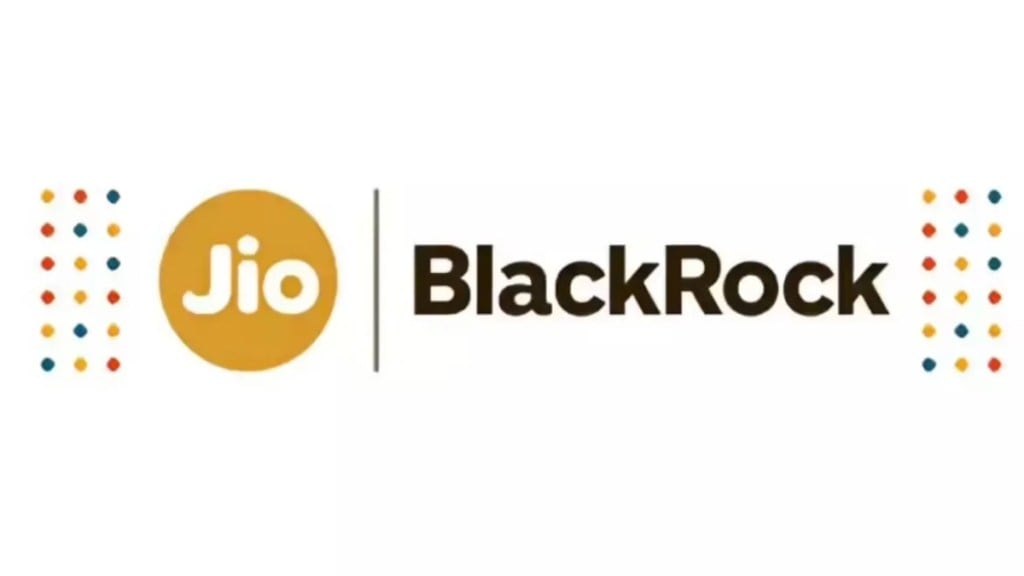By Nesil Staney
India’s top discount brokers such as Groww, Zerodha and AngelOne, which grew massively over more than a decade, have been facing tough times of late. Top brokers have lost more than 2 million active users in the first-half of 2025. But their job to get back on track became even more difficult late last month, with India’s numero uno price warrior making its debut in their turf.
JioBlackRock, a 50:50 joint venture between Reliance Industries owned Jio Financial Services and US-based giant BlackRock got the regulatory approval to enter stock broking and clearing operations in the last week of June this year. Though the stated objective of the firm is to build a tech-first platform, it’s well known that Reliance’s biggest advantage in any business has been its ability to outdo its competitors on price. That’s what will hurt the discount brokerages, experts said.
Add the fact that the new entity will bring in massive capital, cutting edge technology and global products expertise, necessitating a reassessment of business models the leading players in all segments of the brokerage business. JioBlackRock is also likely to grab a good chunk of the client base of traditional brokerages, said several industry experts.
“They have the advantage to be penetrative and can also become a disruptor,” said Kranthi Bathini, a broker and a lead member of Bombay Stock Exchange Brokers Forum (BBF). “Entry of JioBlackRock into stock broking broadens base and accelerates the reach of equity markets to retail investors in India. The pricing and their platforms make the difference,” he said.
With its 450 million userbase, Jio will use its strong brand reach across India for digital distribution to undercut traditional fee models. Jio’s entry into the Indian telecom market was a game-changer. It triggered price war for data, forcing established players to slash tariffs. The end result: data became cheap.
New-age discount brokers will feel the heat as Jio is likely to introduce zero or near-zero brokerages. This can lead to a disruption similar to that in telecom, said experts. They can bundle financial products with Jio, Jio Financial Services and even at Reliance Retail for cost efficiency.“The incumbents in digital-first and mid-size category will need to innovate fast to stay relevant,” said another large institutional broker.
Nithin Kamath of Zerodha has, however, said JioBlackRock is good for the market and will help more Indians to invest. “The biggest issue for Indian market is a lack of width in participation. We are largely limited to the top ten crore,” Kamath said on X.
It’s a fact that while India has 100 million demat accounts, active participation is much lower. New players can help grow the market, even if in the short-term they may eat into the clients of major competitors. But what makes JioBlackRock’s entry difficult for other players is that it comes at a time when the broking industry is seeing massive drop in terms of both number of traders and volume. “We are seeing de-growth in business first time since we started,” Kamath said.
It certainly wouldn’t be roses all the way for JioBlackRock as the biggest challenge for any company entering broking is not price but the total addressable market (TAM), said brokers. The TAM is a tiny number compared to India’s population. As a result, the 7 million active retail option-traders in India are the ‘cash cow’ for all brokerages in India.
“Jio has strategic leverage from telecom (Jio), payments (Jio Payments Bank, UPI), and other financial services (lending, insurance). They can cross-sell broking services and try to convert a user into a trader. It is however a formidable challenge as stock markets have a huge barrier in terms of user adoption,” said Harsha M, founder and CEO of Streak AI which offers algo-trading to retail.
“Given the current regulatory climate and the high incidence of losses among retail F&O participants, Jio will need to offer a unique value proposition,” Harsha said.
In its debut, the asset management arm of JioBlackRock raised Rs 17,800 crore, across its three schemes: overnight, liquid and money market. In a digital-first, no-middlemen model, it bypassed traditional distributor networks, leveraging Jio’s massive telecom subscriber base and digital finance platforms. This reduced costs for investors.
Jio BlackRock Broking was incorporated on January 20, 2025, as a wholly owned subsidiary of Jio BlackRock Investment Advisers. Avinash Satwalekar, President, Franklin Templeton (India) said the entry of BlackRock into the Indian mutual funds market has led to concerns that market shares could change.


